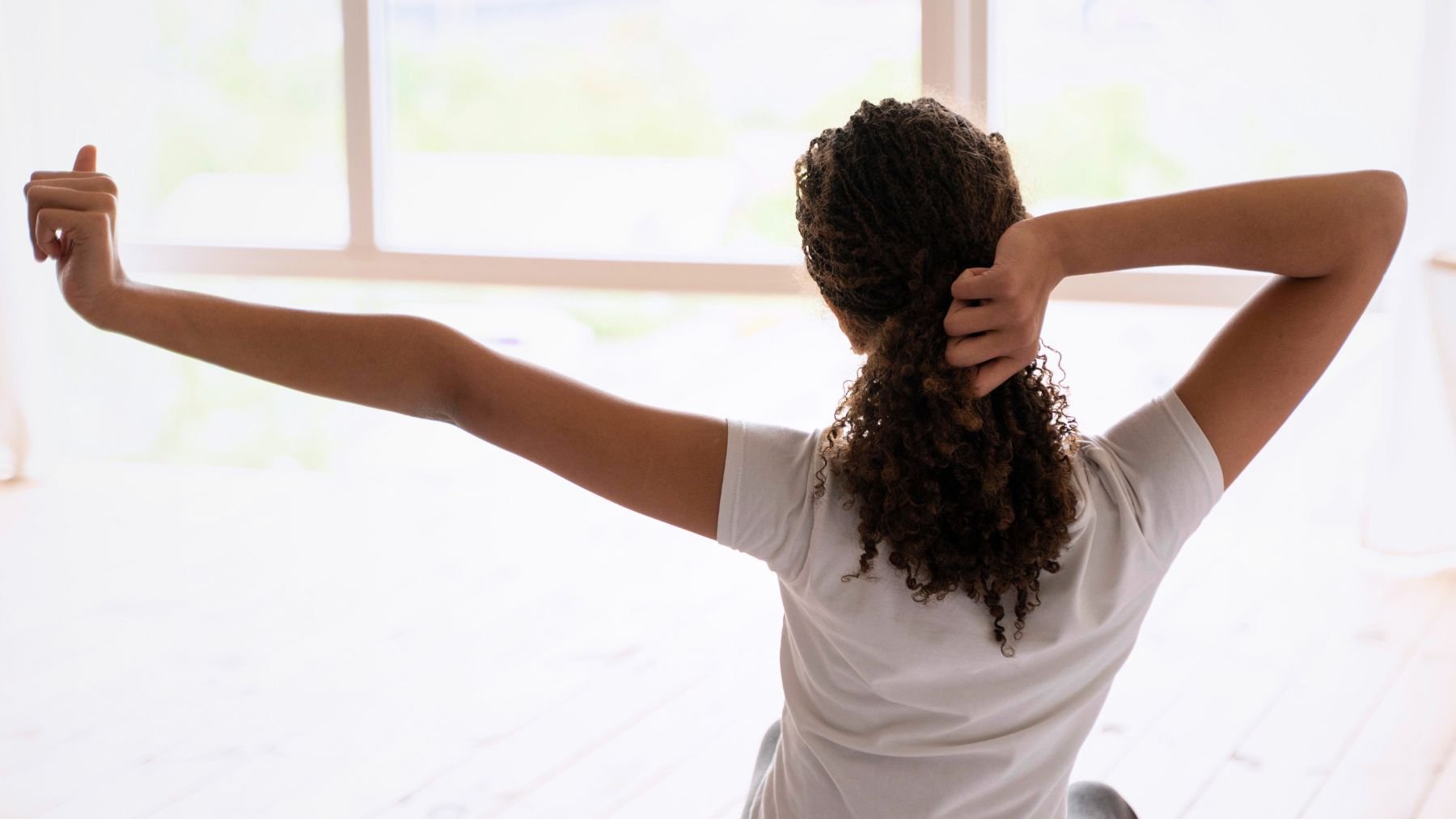When it comes to longevity, there are small, consistent habits that can protect your health and keep your body and mind strong over time. The way you start your morning sets the tone for the rest of your day, and experts say it can also influence how well you age.
Experts agree that a simple morning routine focused on sleep regularity, movement, and nutrition can boost your chances of living not only longer, but better. Here, we’ll examine the recommendations of specialists like Elizabeth Goyder, Professor of Public Health, and Richard Faragher, Professor of Biogerontology, for structuring your mornings to support long-term health.
What the ideal morning routine looks like
The foundation of a healthy morning starts the night before. According to Dr. Daniella Marchetti, a clinical health psychologist who specializes in sleep medicine, “the most important aspect of sleep is regularity”. Waking up at the same time every day, regardless of how well you slept, helps regulate your body’s internal clock. Most adults do best with six to nine hours, but consistency matters more than the exact number.
Once you’re up, movement should be the next step. Morning workouts don’t need to be extreme, but strength training a few times a week builds a reserve that protects against frailty later on. Cardio is useful too, but Faragher stresses that it’s easier to maintain muscle than to gain it. That means keeping resistance training in the mix, even if your focus shifts to endurance for a while.
Breakfast timing has also come under scrutiny. Many experts now suggest delaying your first meal to give your digestive system a reset. When you do eat, keeping it protein-based with foods like yogurt, eggs, or Greek yogurt with fruit can help stabilize energy and support muscle maintenance. Heavy, carb-loaded breakfasts tend to spike insulin, which can leave you feeling sluggish.
What ties this all together is sustainability. As Goyder explains, there’s no one-size-fits-all prescription. The best routine is the one you can stick with day after day, adapting it to your own needs and responsibilities.
Extra tips for healthier mornings
A few additional habits can make your morning routine even more effective. Here are some evidence-backed practices that experts recommend:
- Stay hydrated: A glass of water when you wake up replenishes fluids lost overnight and supports digestion.
- Get sunlight: Natural light exposure in the morning reinforces circadian rhythms, which helps with better sleep at night.
- Practice mobility: Gentle stretching or yoga increases blood flow and eases stiffness after hours of rest.
- Limit alcohol and tobacco: These remain the top risk factors for chronic disease, so cutting back makes a difference for longevity.
- Eat plants early: Getting part of your daily fruit and vegetable intake at breakfast sets the tone for better nutrition all day.
Taken together, these small steps add up. You don’t need perfection or a rigid plan to support a longer life. What matters most is consistency, balance, and choosing habits that are sustainable for you. A steady sleep pattern, morning movement, and thoughtful nutrition provide a foundation you can build on, giving you the best chance to stay healthier for longer.
